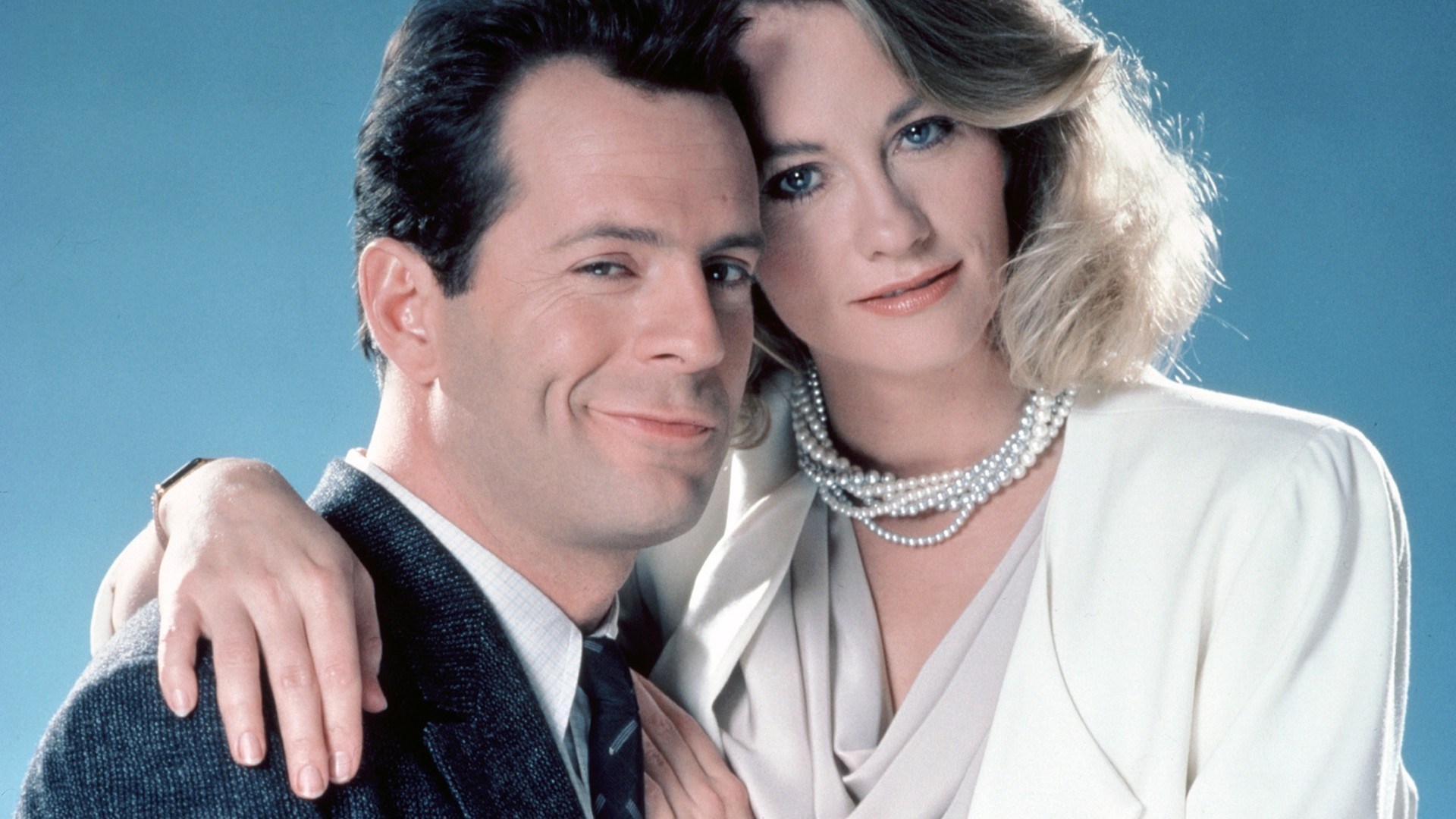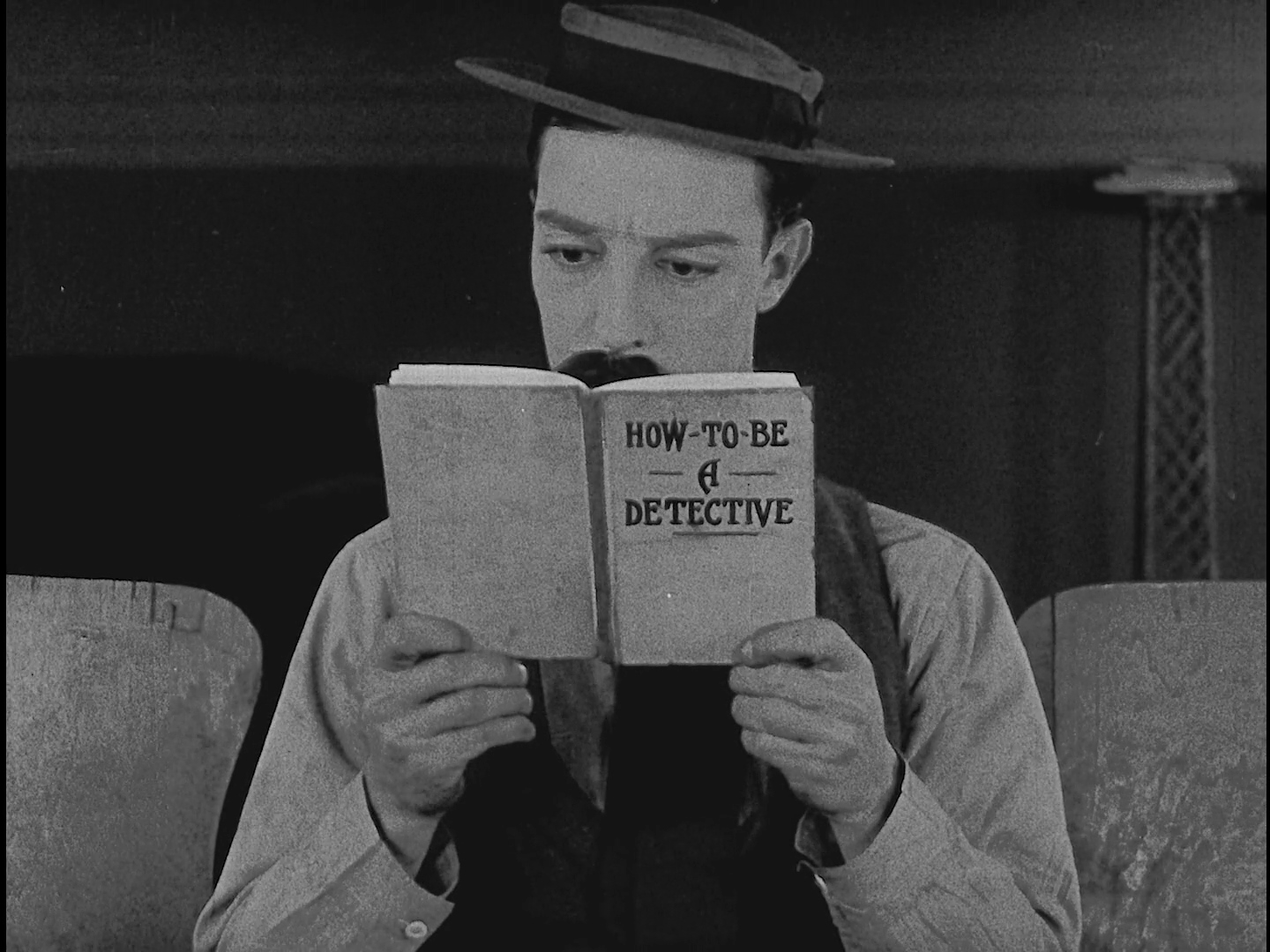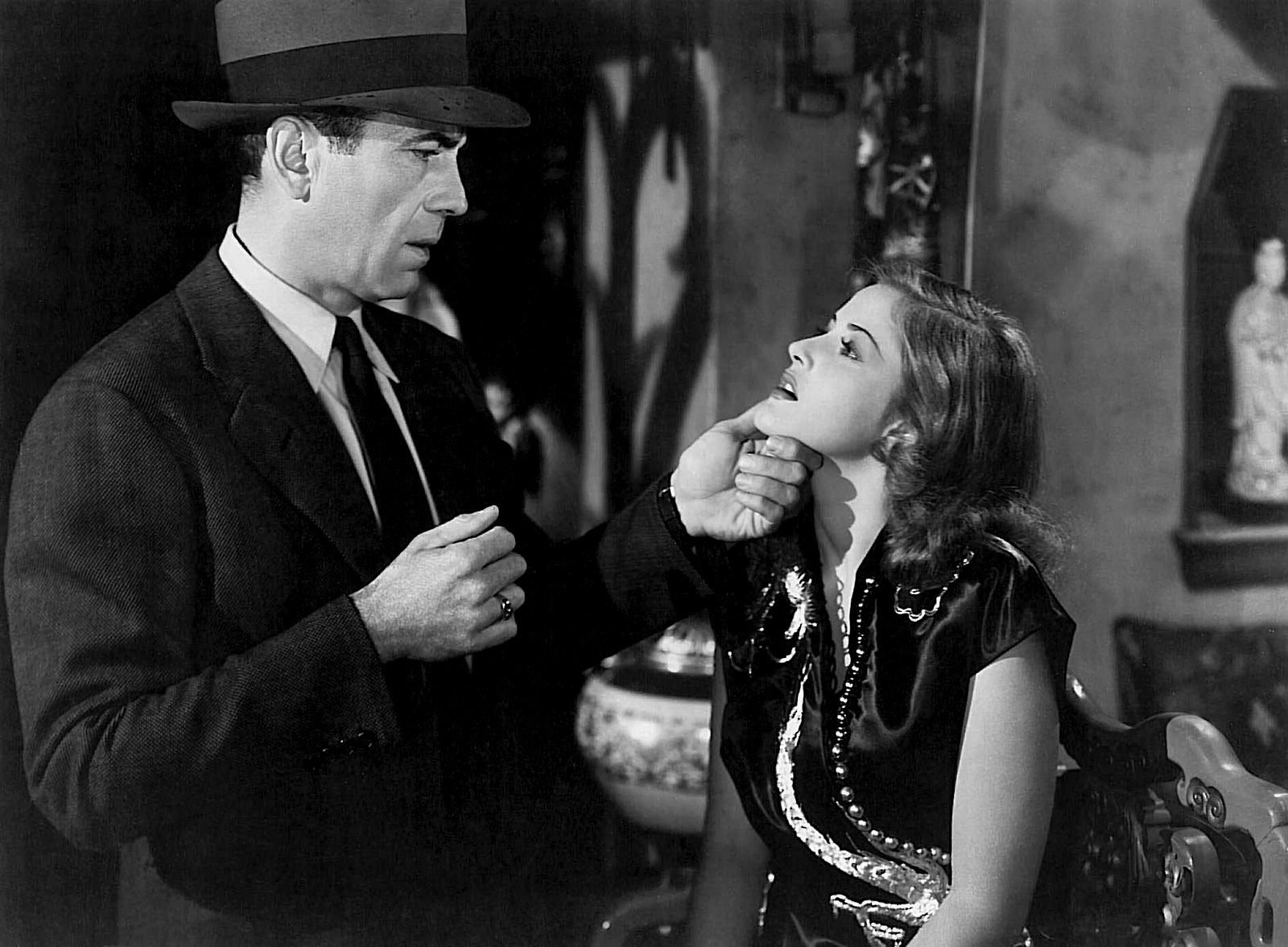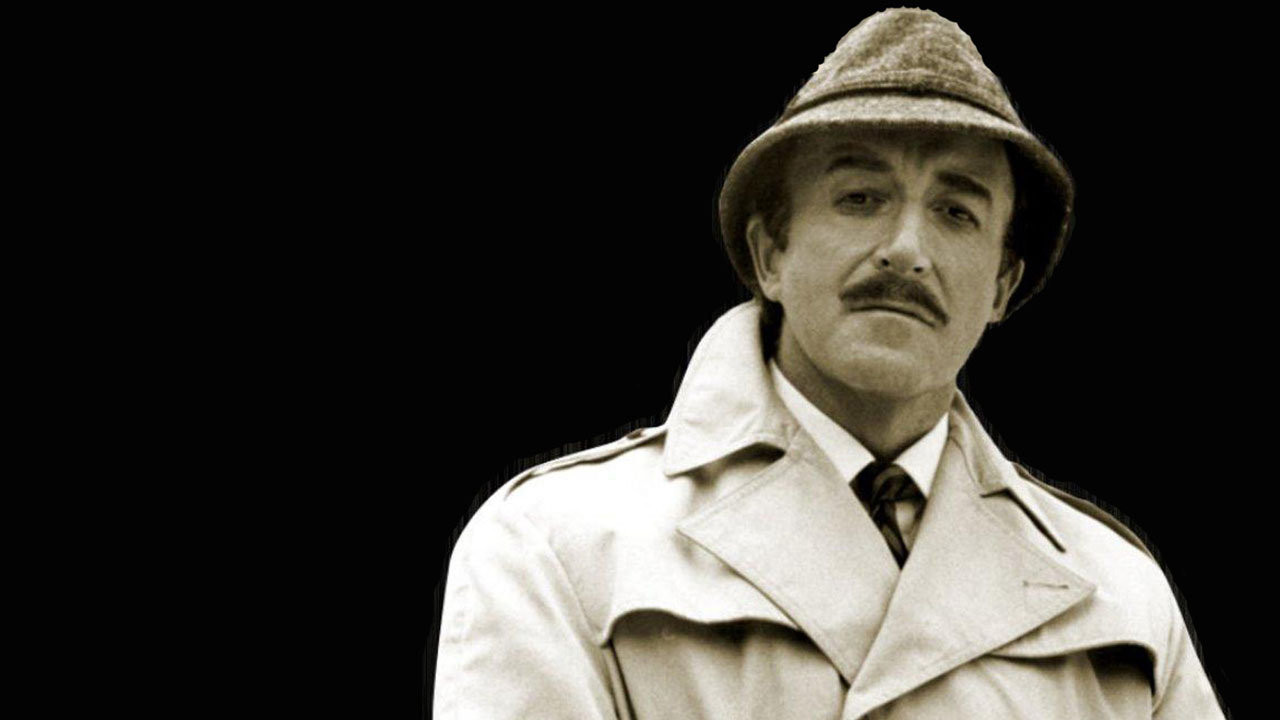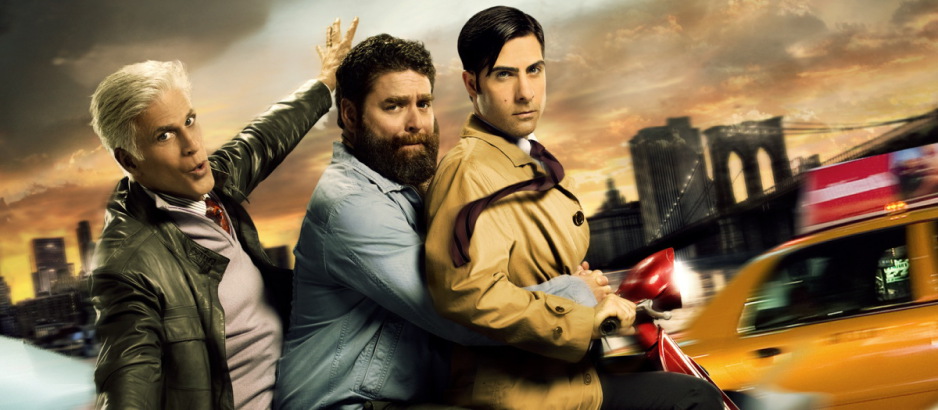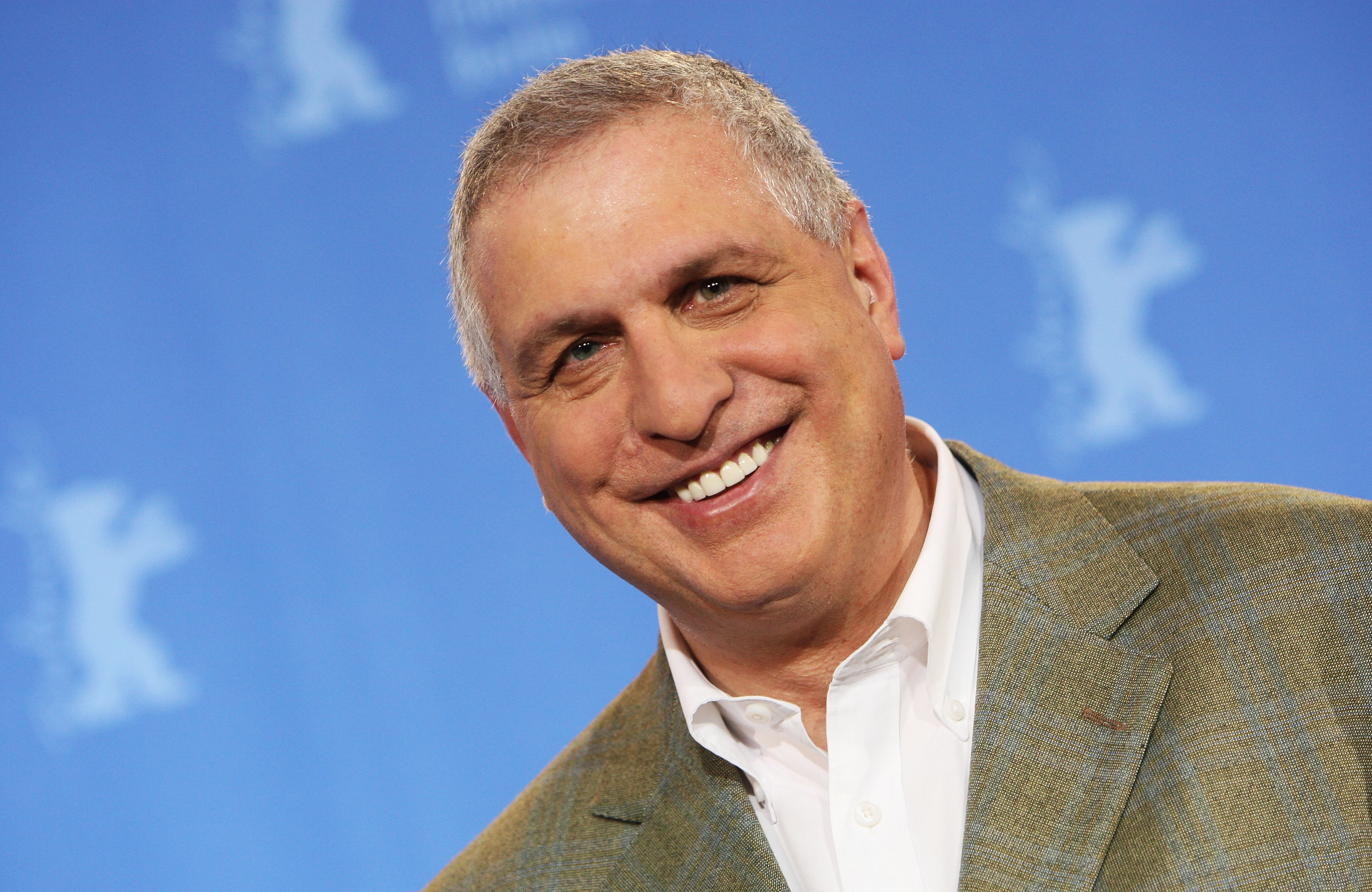When I grow up, I want to be a detective. The sassy one-liners, the bottomless cups of steaming coffee, the jauntily tipped hat; what’s not to love? Ever since I can remember, I have been obsessed with good mysteries. Lacking the serious detecting skills required to become an expert, I had to look to others for the answers and so it was that the onscreen detective became my rock god. The detective is a cultural figure to which we all have a certain preference. Steeped in another time, in which mysteries were a pound a penny and no-one had the smarts to figure out just what was going on, the detective is an otherworldly figure. Elevated above the rest of us, they see through the day to day monotony of humdrum life. With recent smash TV successes such as Dexter and the BBC’s almighty Sherlock, it seems as if our thirst for detectives is still running deep and shows no signs of being quenched any time soon.
Sadly, I will never become a detective. For one thing, I don’t smoke. For another, I don’t enjoy the cavalier approach to life of the detective, in which safety is secondary and the truth is paramount. More’s the pity. In light of this bombshell, then, it is time to honour the real detectives of our time, those who were unafraid to go against the grain in light of a more truthful society. And thank goodness for that. Were it not for the detective, I would never have realised just how clever it is possible for a human to be.
1). Buster Keaton in Sherlock Jr.
Taking inspiration from The Detective himself, Keaton added just a touch of his trademark dryness to the role to make it truly his own. Working as a cinema projectionist by day, Keaton’s protagonist dreams of solving the mysteries in his story books and being truly respected by the girl he loves. Bleeding into his sense of reality, he soon embarks on an epic cinematic dream sequence, chasing the bad guy through a series of inexplicably altering backdrops. If anyone made the detective a comic figure, it was Keaton. Offbeat, underplayed and smattered with just a hint of sadness, Keaton’s detective shows how even the greatest cultural figures can be fallible too.
2). Humphrey Bogart in The Big Sleep
Tasked with the challenge of taking on Raymond Chandler’s inimitable Philip Marlowe, Bogart shows the smooth side of detection. There was no-one better than Bogart to show us Chandler’s darker side of the detective mystery; snappy, blase and blazing a trail for those around him, Bogart’s Marlowe shows us how cool the detective figure can be and how far, very far we are away from being him.
3). Peter Sellers in The Pink Panther
Inspector Clouseau defies description. Clumsy, doddering, underachieving and yet furiously serious, he goes against everything that figures such as Chandler built for the detective character. Yet, his awkward jerkiness and accidental stumbling across the truth only made the detective more intriguing. Much like Keaton’s Sherlock, Inspector Clouseau takes himself far too seriously. Whilst Keaton’s detective dreamt of being taken seriously, Clouseau genuinely believed that he is the superior to everyone around him. And any man who can still retain that belief whilst endlessly crashing into inappropriate objects and laps is always a hero to me.
4). Jason Schwartzman in Bored to Death
Why they ever cancelled this series is completely unknown to me. I would have stayed for Ted Danson’s character alone. Schwartzman plays Jonathan Ames, an underachieving and distracted writer who dreams of moonlighting as a detective. So far, so identical to my life. Except there’s one subtle difference. Schwartzman becomes the detective he dreams of in a momentary lapse of judgment. The fact that he semi makes it has convinced me that all I need to become a detective is a New York address, a brown coat and a lot of free time. Well, two out of three isn’t bad.
5). Errol Morris in The Thin Blue Line
Our least conventional detective of the bunch, Errol Morris is quite possibly the only true detective on this compilation list. Functioning from behind the camera, Morris successfully caused a murder verdict to be eradicated and a man’s life to be saved. Perhaps Morris’s representation of the detective is the most true to reality; void of snappy quips and plumes of cigarette smoke, he intelligently sifts his way through mountains of interviews and he-said-she-said testimonies to arrive at a much more lasting truth. The detective is human, like the rest of us. Stripped of the show-pony cultural status and genius title, Morris has the patience to read society in a different way, slowly and carefully arriving at their conclusion. And to forego investigative credit for the satisfaction of knowing that the truth has come to light? Now that’s a detective.

